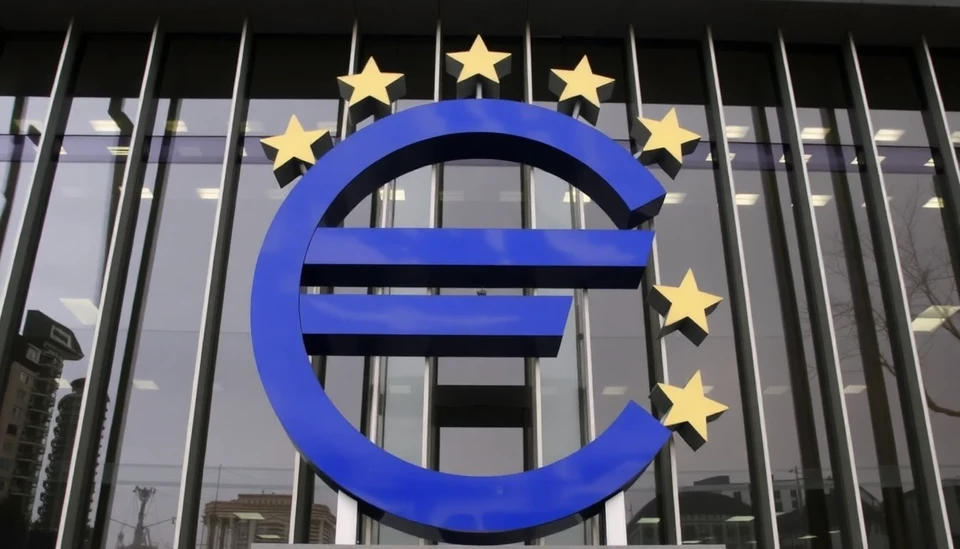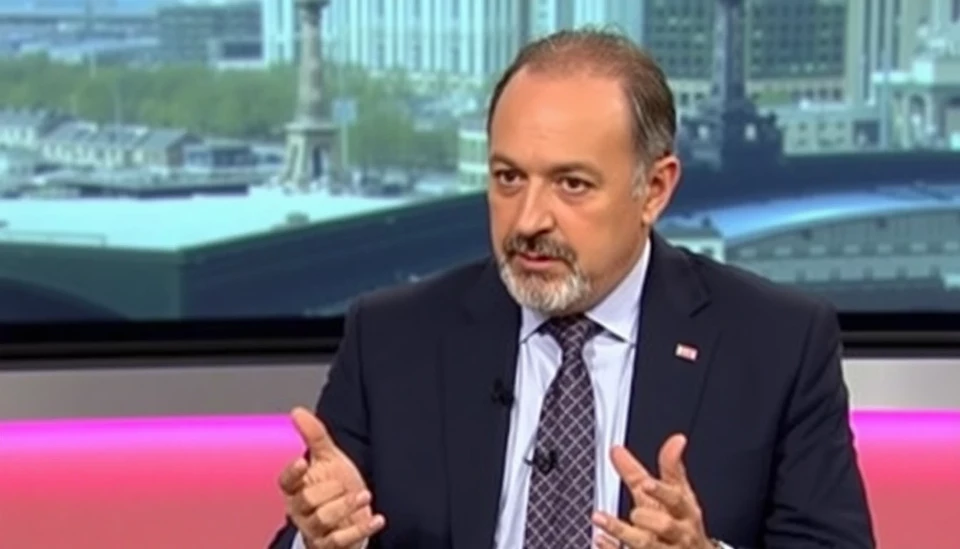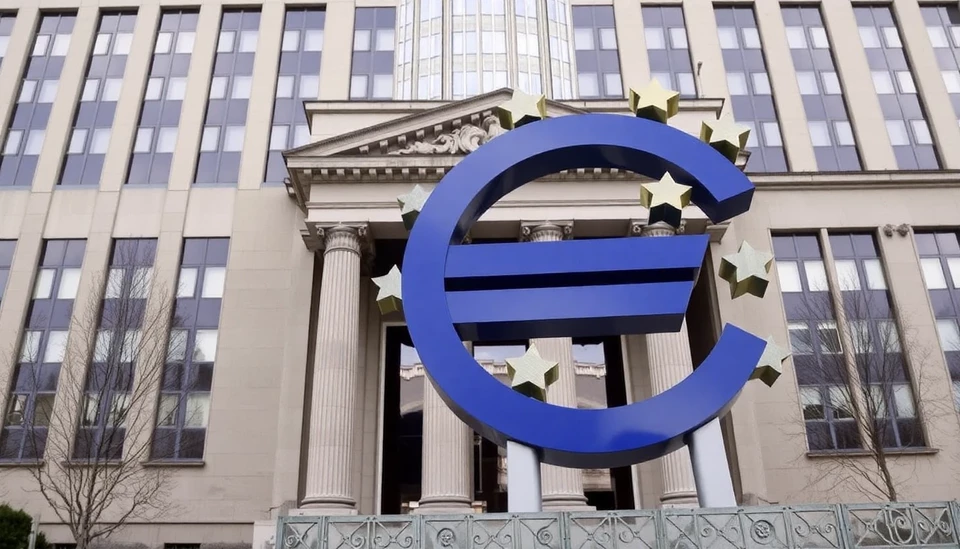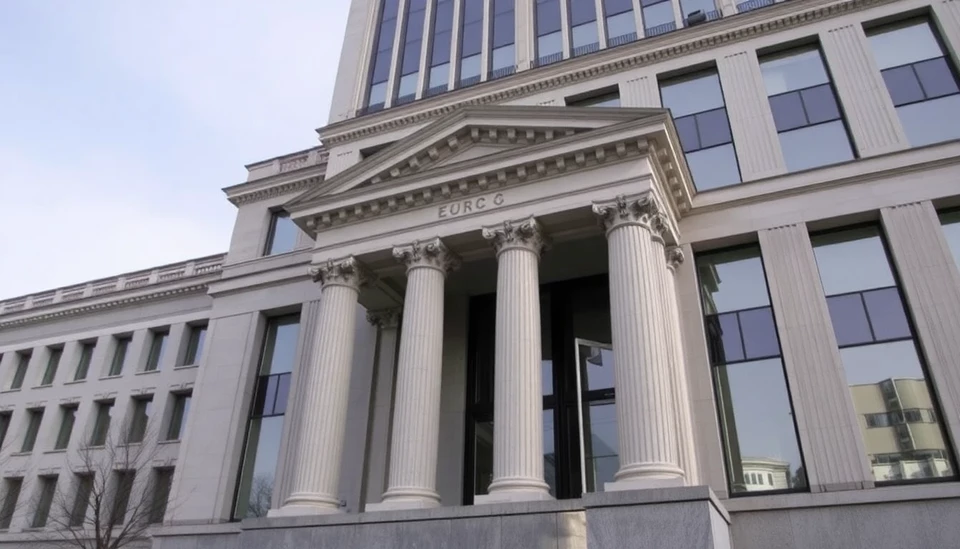
The European Central Bank (ECB) is reportedly considering a significant shift in its approach to monetary policy, which could see it retracting its restrictive stance on interest rates as early as March. This potential pivot is influenced by a variety of economic indicators and the evolving landscape within the eurozone.
Sources familiar with the ECB's decision-making process revealed that the bank might soon ease its characterization of the current rate environment, presently viewed as highly restrictive. This development comes in light of cooling inflation pressures and signs of economic stabilisation across member states. Such a move could reflect a broader acknowledgment by the central bank that the aggressive rate hikes implemented over the past year have begun to yield the desired effects.
Analysts are speculating that this potential easing could be an outcome of a careful balance between promoting economic growth and controlling inflation. With inflation rates showing signs of subsiding, the ECB appears to be reassessing its strategy, contemplating a more accommodating stance that could energize the eurozone economy without reigniting inflationary pressures.
The challenge for the ECB will be to navigate this policy shift without creating a premature sense of complacency regarding inflation, which, while reduced, remains a concern for many analysts. As the bank weighs its options, officials are expected to continue monitoring a broad array of economic data, including consumer spending, employment rates, and external economic pressures.
Moreover, the discussion surrounding this potential reevaluation of the ECB's rate stance comes at a time when other major central banks, including the Federal Reserve, are also grappling with decisions on their interest rate policies. The interconnectedness of global economies means that a shift by the ECB could have far-reaching implications, influencing not only the eurozone but also international financial markets.
This developing narrative raises questions about the broader economic outlook for the eurozone, with market participants keenly watching for indications of the ECB's future plans. The meeting scheduled for March is likely to be pivotal, as it may provide deeper insights into the central bank's strategic intentions moving forward.
In summary, the potential dropping of the restrictive label on the ECB's rate stance hints at a broader shift towards a more supportive economic environment, aiming to bolster growth while still keeping a vigilant eye on inflationary risks. The markets are bracing for what could be a critical moment in European monetary policy.
#ECB #InterestRates #MonetaryPolicy #Eurozone #EconomicGrowth #InflationControl #FinancialMarkets
Author: Daniel Foster




